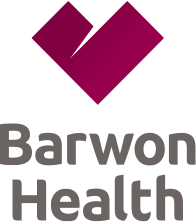The effects of chemotherapy on your blood
Chemotherapy drugs tend to lower your resistance to infections. This is because they lower your blood count, especially your white blood count. When you have fewer white blood cells than usual you are less able to protect yourself from infections. This doesn’t mean that you need to isolate yourself from other people, though it is sensible to avoid close contact with those who have obvious coughs, colds, flu and so on.
What should you do if you get an infection?
If you develop any of the following symptoms while you are on chemotherapy – and for four weeks afterwards – you should ring us for advice immediately:
- if you are feeling extremely hot or have a temperature above 38°C on two occasions one hour apart or 39°C on one occasion
- sore throat
- chesty cough
- stomach bug or upset stomach
- urine infection (cystitis)
- feeling generally unwell, achy or flu-like
- redness or discharge around a Hickman or other central line
- shivery episodes after flushing a Hickman
DON'T DELAY: It is very important to act immediately. Contact us on ph (03) 4215 2709 during business hours or ph (03) 4125 0000 after hours.
Other effects of a low blood count:
- Platelet count: Platelets are blood cells which help clot your blood. With most chemotherapy low platelets are unlikely to cause a problem, but if you have any unusual bleeding or bruising please let us know.
- Red blood count: Red blood cells help to carry oxygen to your muscles and organs around your body. A low red blood count can make you feel tired and short of breath. From time to time we offer blood transfusions to correct a low red blood count.
Last Modified: Monday, 24 June 2019
